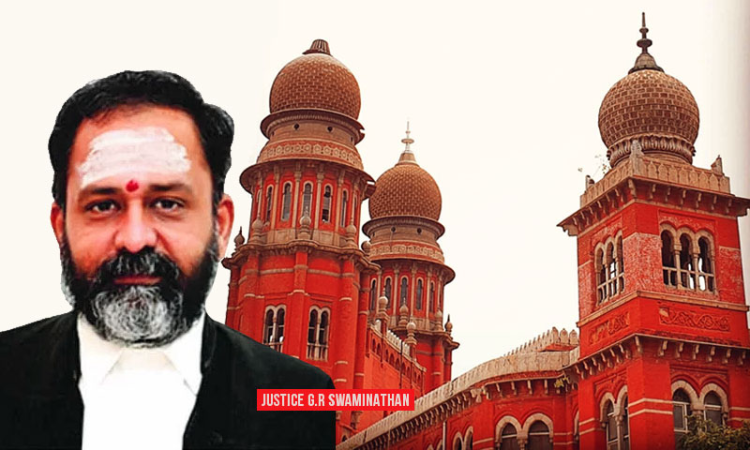Hills & Hillocks Cannot Be Given For Mining Unless There Is Supervening Public Interest : Madras High Court
Akshita Saxena
30 May 2021 11:14 AM IST

Man has continued his predatory activities without any break and Nature is losing her patience
Next Story


